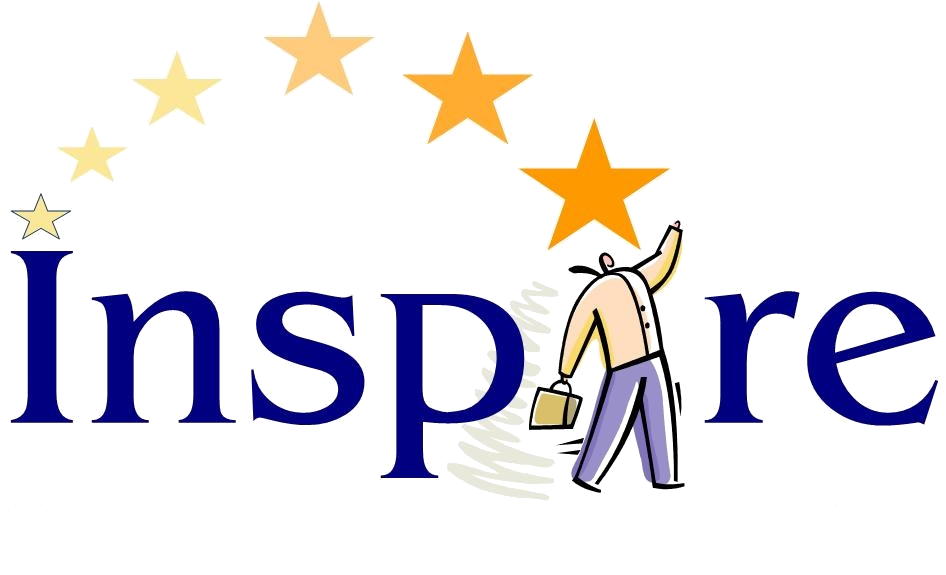The Search for Happiness

“Happiness is the ultimate end and purpose of Human existence” (Aristotle).
Since the 1990s, the science of human engagement and happiness started taking a sharp turn, from being a theoretical psychology science into a pragmatic organizational performance science. We have seen a huge rise of jobs under “Engagement” titles (Engagement officers, …etc) and lately the rise of “Happiness” jobs (like Happiness officers, executives ..etc). One of the greatest challenges of people taking on those roles, is where to start!
I have met hundreds of engagement, HR and Happiness directors who do not well conceptualize the term, and therefore; all what they do is subscribe to a survey and then try to make employees smile through several transactional activities (birthday parties, discount coupons ..etc). In this summarized post, I will try to add value to my colleagues at those roles, then offer an advice to individuals, organizations and governments on how to strategize engagement, happiness and positivity into their short and long term plans.
What is Happiness?

From over hundreds of definitions of Happiness, we will take a simple approach “The overall satisfaction with life”. This overall satisfaction involves rational, affective, physical and future visionary sides of the human being, where all the four sides set expectations for individual achievements that once reached, an individual is “happy” and content with their status.
So what we need to understand is actually a simpler word than Happiness, and that is ”EXPECTATIONS”.

If we search through Happiness science, expectations usually come from the comparison to “others”, where individuals set standards that they believe they should be achieving in their lives. The key word in this equation of standards is the “others”! (“Others” reflect the surrounding culture to individuals).
For a moment, let’s reflect on that practically; do your happiness needs in country A, copy those if you travel or work in country B? Definitely not! Why? Because living in different countries mean you live in different “Standards”. This is similarly true for individuals and organizations.
From the above, here are some solid conclusions:
- Do not purchase happiness surveys. Design them! Don’t build your own cultural happiness on others’ standards.
- If cultures are different, standards are different, then do not compare cultures to each other when using different tools.
- If it’s all about expectations, isn’t it time to understand your own employees’ expectations?
Three pieces of advice to individuals, organizations and governments:
- Individuals: Think internally to where you were years back, and where you are now. Be thankful to your progress, encourage yourself and walk one step forward to your mission and vision in life everyday. Compare yourself to yourself and set your own standards not affected by others.
2. Organizations: It’s all about your culture! Where does culture come from? Individuals.. who hire individuals? You do! Take care of whom you hire, do behavioral interviews and understand what drives engagement at the employees you are bringing. It will be much easier to create a culture of engagement and happiness from the recruitment stage rather than waiting to create change when it’s over complicated.
3. Governments: Do not worry too much about benchmarks. There are over 56 different definitions of engagement and globally the term is not agreed upon. Look internally and design your own happiness model, then measure that and compare a final figure.
Closing remarks:
We have been able to develop an engagement model that can compare all cultures to one standardized figure and is culture proof. This can help multinational organizations compare engagement at various countries and achieve benchmarking. If you are interested to learn more details, please write to us in the “contacts” form and we will be happy to show further details.
Written by:




4 Responses to The Search for Happiness